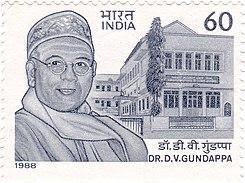Irène Joliot-Curie was born on 12 September 1897, and she passed away on 17 March 1956.
was a pioneering French scientist who, along with her husband, Frédéric Joliot-Curie, made groundbreaking contributions to the field of nuclear science. She was the daughter of Marie and Pierre Curie, both Nobel laureates themselves, and carried on the legacy of her parents in the realm of scientific discovery.
Key Achievements:
Discovery of Artificial Radioactivity (1934): Irène and Frédéric Joliot-Curie are best known for their discovery of artificial radioactivity. They showed that stable elements could be made radioactive by bombarding them with alpha particles. This discovery had profound implications for both scientific research and medical treatment and earned them the Nobel Prize in Chemistry in 1935.
Contribution to Nuclear Physics: Their work laid the groundwork for nuclear fission, which would later be harnessed for both energy production and atomic weapons.
World War II and Political Involvement: During World War II, the Joliot-Curies were involved in anti-fascist movements. Irène, in particular, was a member of various scientific and humanitarian organizations. After the war, she played a key role in rebuilding France's scientific institutions and was instrumental in advancing nuclear research in France.
Scientific Leadership: She became director of the Radium Institute, founded by her mother, and contributed to developing the French atomic energy program.
Public Health Advocacy: Beyond her scientific work, Irène was also concerned with public health issues, including the dangers of radiation. Her own work with radioactive materials likely contributed to her early death from leukemia in 1956.
Irène Joliot-Curie’s legacy extends beyond her scientific achievements, as she also worked to promote women in science and public service.






